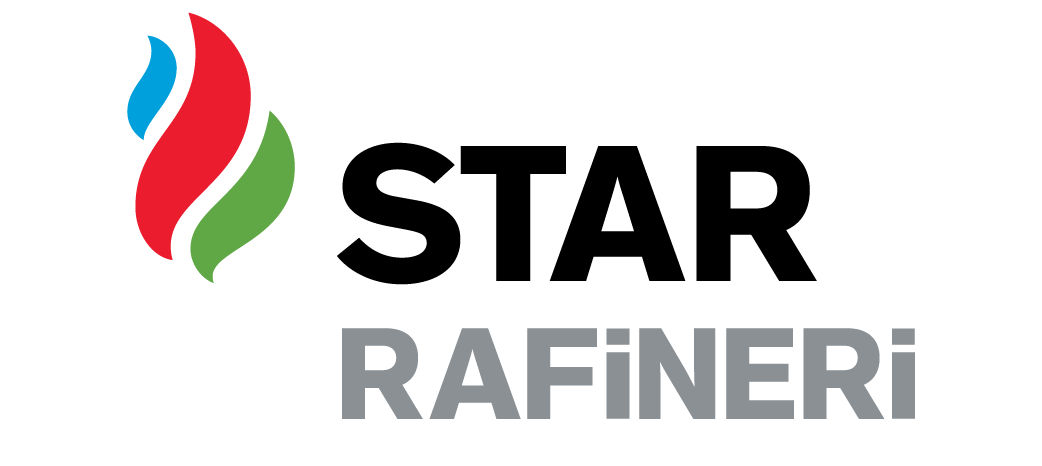As a major player in the petroleum industry, we play a vital role in combatting climate change. Recognizing our responsibilities to the world, we are making technology investments in recycling, waste management, and energy efficiency while reducing greenhouse gas emissions within our operations and creating a sustainable environment.
Key Role in Reducing Emissions
We're scaling up our business model for clean energy step by step. We implement
leading-edge environmental sustainability practices, particularly emission reductions,
into our business processes.
We closely monitor all developments in reducing greenhouse gas emissions on domestic and
international platforms. We perfectly comply with the reduction objectives set by the
Sustainable Development Committee of SOCAR Türkiye and its group companies.
We are determined to reduce our absolute emissions from our operations by 40% by 2035
and reaching net-zero emissions by 2050. Our short-term goal is to reduce emissions by
1% annually by 2025.
We regularly monitor and report on our greenhouse gas emissions as part of our reduction
targets. We are guided by legal regulations in our calculations and communicate the
results to the relevant authorities. We can therefore monitor the percentage of
compliance with our emissions every month.
High Efficiency in Energy
We help strengthen compliance with energy laws and improve energy efficiency globally.
We regularly renew our ISO 50001 Energy Management System certification, issued under
accredited institutions' supervision.
We develop innovative methods for reducing energy consumption in our operations. Among
these, “Operating the Air Compressor in No-Load Mode in the Air Generating Unit” is
crucial. With this application we started in 2021, we saved 5,154 MW of energy by
switching the electric compressor operating in the instrument air production area to
no-load mode. In this way, we have successfully reduced CO2 emissions by 4000 tons.
Target Zero Waste
We evaluate our waste through the "waste management hierarchy," which includes
prevention, reuse, reduction, recycling, and disposal steps. We regularly renew the
'Zero Waste Certificate', which we received under the supervision of the Ministry of
Environment and Urbanization, with our strategic activities, such as improving seawater
quality, reducing environmental pollution, and recycling waste.
The production, consumption, and service phases covered by the Zero Waste Management
System include: Preventing or minimizing waste generation, giving priority to reuse,
using resources efficiently, collecting the waste separately at the source, and reducing
the amount of waste to be disposed of by recycling. In 2021, we recycled 21,820 tons of
waste in total.
Conservation of Natural Resources
Our goal is to minimize the impacts of our activities on biodiversity. Starting with the
building process, we work with the same conscience and determination to protect natural
resources.
We implemented the Marine Biodiversity Monitoring Program, which was designed as part of
the Marine Biodiversity Management Plan, while establishing our port. At the same time,
with support from Dokuz Eylul University, we conducted a pioneering study on seagrass
protection followed by periodic censuses. We regularly monitored the habitats of
Posidonia Oceanica, a marine plant native to the region, and prevented the eventual
decline of their habitats.
We aim to prevent any spillage of oil or chemicals that could end up in groundwater and
the sea. Prior to loading and unloading, we surround vessels approaching our dock with
barricades. Potential spills from ships are minimized by barriers in this pre-boom
procedure, and their spread into the receiving environment is avoided.
Energy efficiency studies at RPBU in 2023
As SOCAR Türkiye RPBU, we base our energy activities on respect for people and the
environment by focusing on protecting our natural environment and reducing greenhouse
gas emissions with minimum environmental impact. In this context, waste is reduced and
the recycling rate is increased. The use of natural resources is reduced, proactive
management is adopted at every point, and domestic and renewable resources are given
priority with a sustainable development and growth policy.
Energy supply and demand balance is created with an energy strategy that optimizes
technological, economic, social and environmental factors; raw materials, products and
services are supplied and used in an energy efficient manner; energy performance is
taken into consideration in the design of our facilities, systems and processes.
A successful strategic energy management plan sets goals, progress and reports results
while building long-term relationships with energy users and targeting persistent energy
savings. Effective planning ensures continuous improvement of energy efficiency,
sustainability and can reduce energy costs.
In 2023, it is planned to save 650 000 Gcal/year and the corresponding 160 000 te
CO2/year with 40 investment and non-investment energy efficiency projects as a result of
the joint work of all disciplines to become a part of the solution for accomplishing the
goal of sustainability within Petkim and Star Refinery.
